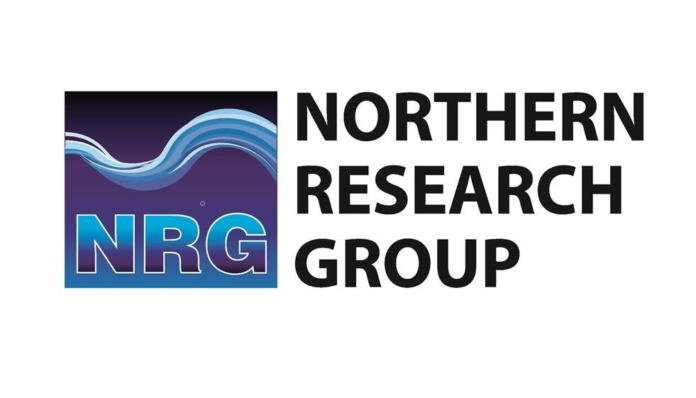
A Prince Albert business consultancy firm is partnering with SaskMétis Economic Development Corporation (SMEDCO) to offer consulting services and relief funding to Métis-community owned businesses, and Métis-owned small businesses.
SMEDCO received $4.3 million from Indigenous Services Canada last week to implement the program.
“These funds are intended to fill the gaps of other federal business support programs in response to the pandemic,” a press released outlined on Wednesday.
There are two groups of applicants; Community COVID Fund and Microbusiness COVID Fund.
The Community COVID Fund is for Métis community businesses and economic development corporations and the Microbusiness COVID Fund is intended for small Métis-owned companies such as businesses run out of the home, sole proprietorships, fishers, artists, and rice harvesters.
Monica Brunet, community economic development and community engagement at SMEDCO, said the corporation partnered with Northern Research Group (NRG) to deliver consulting services within the program.
“They are 100% Métis-owned company and they have been doing economic consulting for Métis owned businesses and Métis communities throughout the province for several years so they were a perfect fit to partner with to deliver the consulting services to our Métis communities whose businesses had been impacted by COVID,” Brunet said.
Matt Vermette, CEO of NRG, says he’s happy about the partnership with SMEDCO.
He re-iterated that many Métis community-owned businesses and micro-businesses didn’t meet the criteria for government relief programs like the Canada Emergency Business Account (CEBA), and the Canada Emergency Wage Subsidy (CEWS).
With CEWS, entrepreneurs who are self-employed might not have employees and therefore couldn’t access that funding. The CEBA program was intended for incorporated entities and businesses, whereas micro-businesses may not be structured that way, according to Vermette.
“(They) don’t have a business name, they just kind of self-report their income when they do their T1 general every year. I would say for individuals that was the clear gap in eligibility,” Vermette said.
Vermette said SMEDCO and NRG started working together early in the pandemic to determine how they could assist those businesses and entrepreneurs who fell through the cracks.
“When you look at the economy overall, at least in Métis country – community economic development is a huge driver of employment, and wealth creation in Métis communities – and so it was really, really important that this support came through because a lot of these businesses have been facing the same challenges that every other business has been facing since the onset of COVID without any support,” Vermette said.
There are two streams within program. Stream one is aimed at providing consulting services to the company.
Consulting programs look different for each group of applicants.
For microbusinesses, Vermette says consulting will come down to providing support with cashflow projections, and advisory on cash management and business adaption to COVID-19 challenges.
Consulting services are intended to provide a roadmap for businesses and individuals, according to Vermette.
“That roadmap (is) really going to help them see what they need to do to adapt the business and how COVID has impacted the business and for those that have seen major revenue declines or increase in operating costs caused by adapting to COVID – for those entities, they’ll be eligible to move into stream two,” said Vermette.
Stream two of the program will provide funding to applicants based on their financial needs.
There are a number of limitations for who can apply for either fund. Businesses have to have been operating in Saskatchewan prior to March 2020, and can only apply if they have not received funding from other COVID-19 business relief programs.
Brunet says she has received over 60 telephone calls and emails already from individuals and companies interested in the program.
Companies and small business owners can apply for the program on www.smedco.ca/covid-business-fund/

